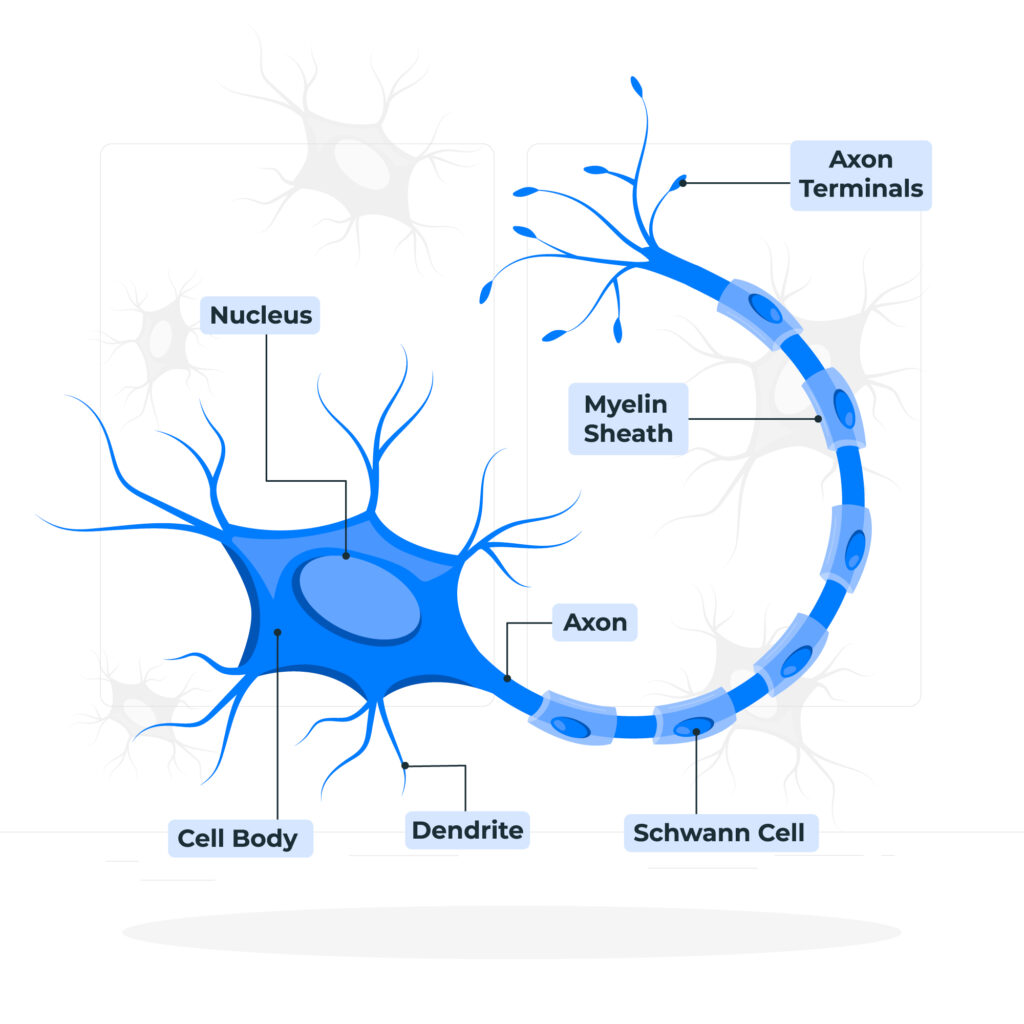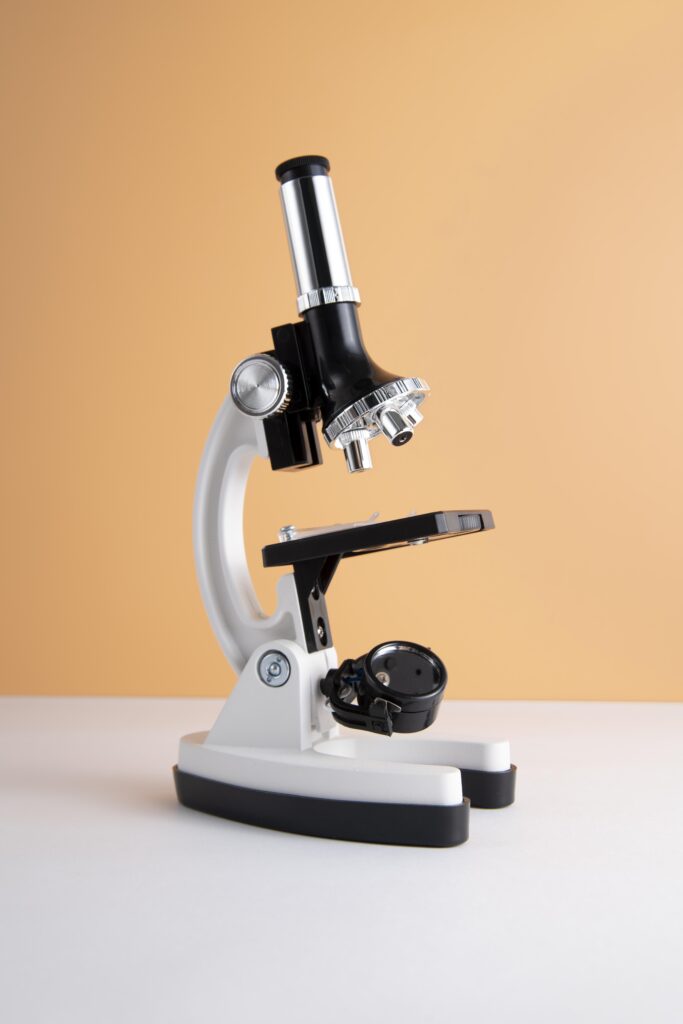In the quest to understand and treat dementia, scientists are turning to a revolutionary tool: neural organoids. These tiny, lab-grown clusters of brain cells—often called “mini-brains”—are providing unprecedented insight into the inner workings of the human brain and the complex mechanisms behind neurodegenerative diseases like Alzheimer’s.
What Are Neural Organoids?

Neural organoids are three-dimensional structures grown from human stem cells. In the lab, these cells are coaxed into forming brain-like tissue that mimics certain aspects of early brain development. While not capable of thought or consciousness, neural organoids offer a simplified yet powerful model for studying how neurons form, connect, and deteriorate.
Crucially, they replicate key features of human brain biology that are difficult or impossible to observe directly in living people or even in animal models.
Dementia Under the Microscope

Dementia is a broad term encompassing several disorders characterized by the progressive loss of memory, reasoning, and cognitive function. Alzheimer’s disease is the most common form, followed by conditions such as frontotemporal dementia and Lewy body dementia. Although these diseases vary in presentation, they often share similar cellular and molecular hallmarks: toxic protein buildup, synaptic dysfunction, inflammation, and neuronal death.
Until recently, our understanding of these processes was largely based on post-mortem tissue or limited animal studies. Neural organoids change that. By replicating the early development and gradual aging of brain tissue, researchers can observe how dementia-related changes unfold in real time.
Key Discoveries from Neural Organoid Research
- Protein Aggregation in Real Time: Scientists have used organoids to observe the buildup of beta-amyloid and tau proteins—hallmarks of Alzheimer’s disease—providing valuable insights into how these proteins aggregate and trigger cellular damage.
- Gene-Environment Interactions: Organoids have helped unravel how specific genetic mutations, like those in the APP, PSEN1, or MAPT genes, influence disease progression. Researchers can also simulate environmental stressors such as inflammation or oxygen deprivation to see how they exacerbate these effects.
- Microglial Behavior: New models that incorporate immune cells like microglia into organoids are shedding light on how the brain’s own immune system might drive or respond to neurodegeneration.
- Drug Testing and Personalization: Perhaps most promisingly, neural organoids can be created from individual patients’ cells, allowing for personalized testing of treatments and a better understanding of how specific people might respond to therapies.
Limitations and Ethical Considerations
While organoids are powerful tools, they are not without limitations. They don’t fully replicate the complexity of a human brain—missing features like blood vessels, a complete immune system, and mature brain architecture. Ethical concerns have also emerged, particularly as organoids grow more sophisticated and start to show patterns of neural activity.
Still, the consensus among researchers is that the benefits far outweigh the challenges, especially when it comes to diseases as devastating and poorly understood as dementia.
The Future of Brain Research
As neural organoid technology continues to evolve, it promises to accelerate discoveries in dementia research, paving the way for earlier diagnosis, targeted treatment, and maybe even prevention. Combined with advances in AI, genetics, and imaging, these mini-brains are poised to play a major role in decoding one of medicine’s greatest mysteries.






